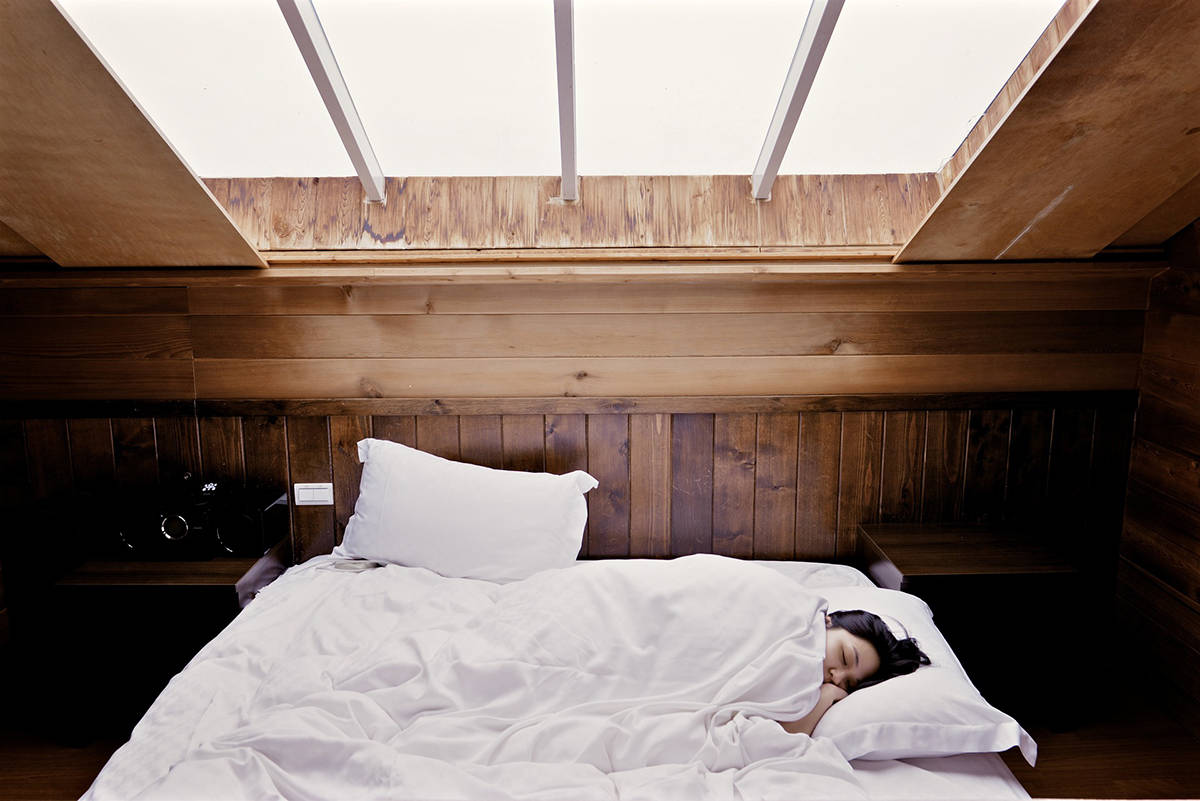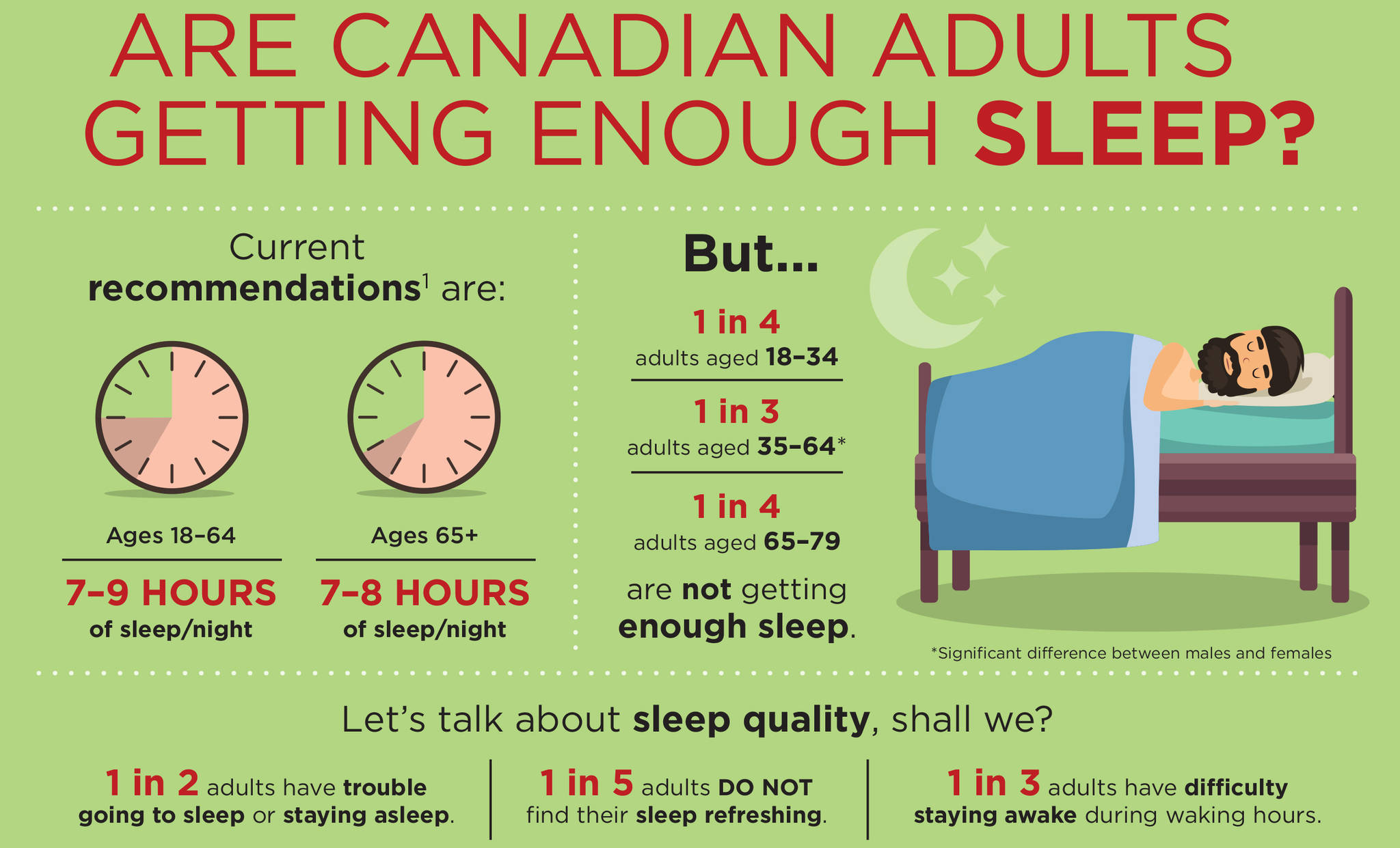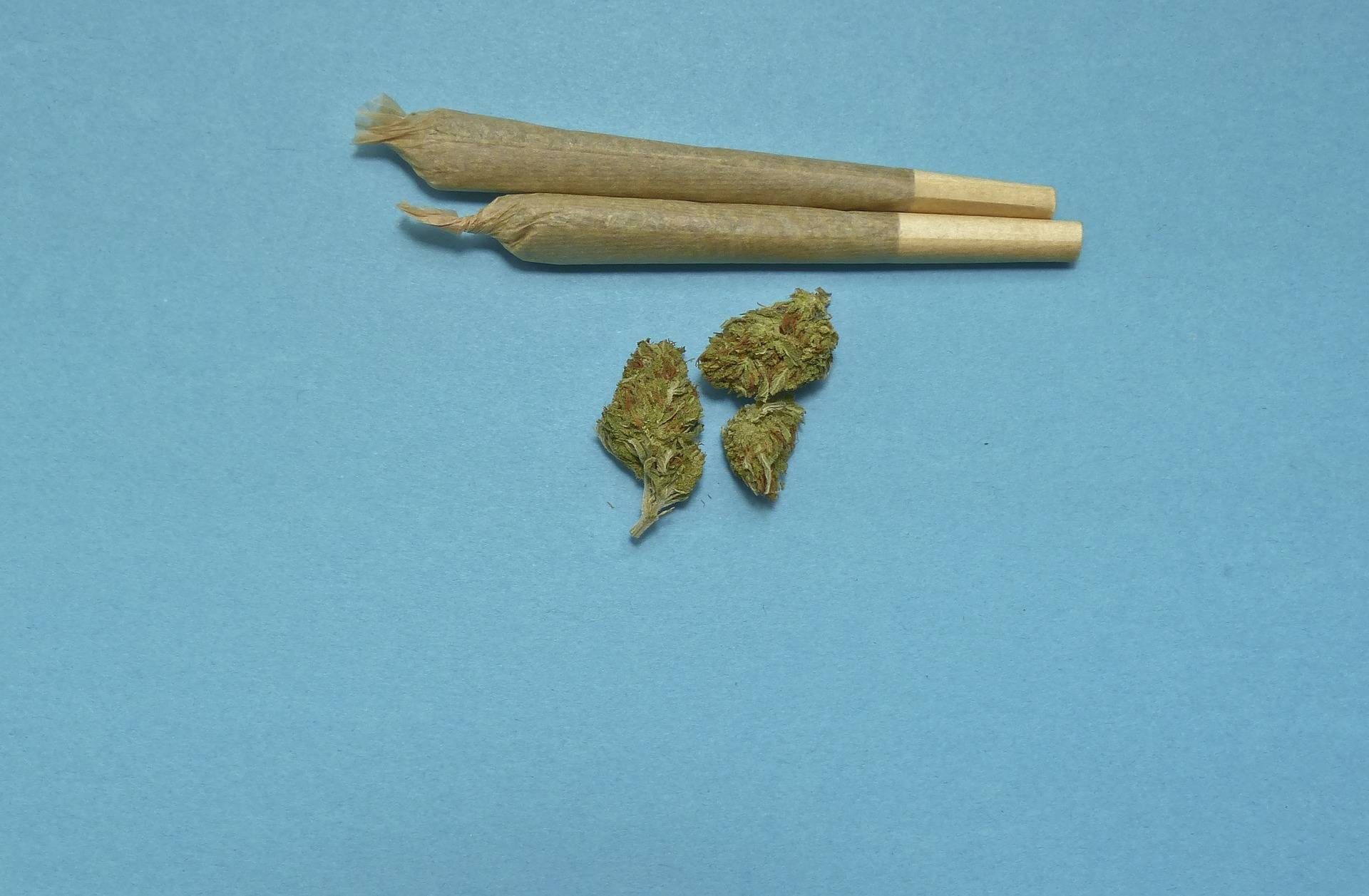By Salina May
It is difficult to understate the importance of sleep in our day-to-day lives.
We all know the value of sleep – and how it is connected to our cognitive functions and decision making – but many may not realize that long-term lack of sleep is a contributor to Alzheimer’s, cancer, chronic pain, depression, obesity, stroke and numerous other medical conditions.
The truth is, sleep is one of life’s great pleasures while chronic tiredness – well – isn’t.
Sleep expert Dr. Matthew Walker calls lack of sleep in modern society a “silent epidemic” and “one of the greatest public health challenges we face in the 21st century.”
ALSO READ: CBD Teas Becoming Popular Way To Soothe Anxiety, Lessen Insomnia
In fact, an estimated 3.3 million Canadians are reported to suffer from insomnia.
According to Statistics Canada:
- 1 in 2 adults have trouble going to sleep or staying asleep.
- 1 in 5 adults do not find their sleep refreshing.
- 1 in 3 adults have difficulty staying awake during waking hours.
It is no wonder, then, that many Canadians are beginning to contemplate if and how cannabis can help them achieve a better sleep.
Who actually dreams of having just four hours of sleep a night? Not us.
Studies done to determine the effects of cannabis have been mixed, leading to confusion on the topic, but there is enough information to suggest cannabis can assist with some aspects of sleep.
Let’s dive in.
What the science tells us
The use of CBD and THC for sleep were studied in a 2017 literature review in the journal Current Psychiatric Reports. Researchers found that CBD may have therapeutic potential for treating insomnia. Meanwhile, while THC is more likely to help you fall asleep faster (reduced sleep latency) it could also impair the long-term quality of sleep.
Researchers also found that long-term cannabis use is connected to the habituation of the sleep benefits but could then result in a higher likelihood of cannabis dependence.
Traditional pharmacological sleep aids also have inherent risks, and those seeking relief from insomnia and sleep problems must weigh the risks and benefits of the various options.
In Colorado, where cannabis has been legal since 2014, researchers compared the popularity of over-the-counter sleep aids – such as Benadryl and Unisom – to recreational cannabis and found that sales for sleep aids decreased post-2014.
But for all its benefits, there is enough research now to suggest that long-term regular use of cannabis may paradoxically decrease sleep.
A community-based study from the University of Boston in 2016 looked at the effects of daily and non-daily cannabis use in young adults, and found that intermittent toking improved sleep patterns while daily use worsened sleep.
To further complicate things, some experts have found that the method of how a person smokes cannabis – either by pipe, joints or vape – can also play a role in getting a good night’s rest.
A 2018 study published in the medical journal Medicines looked at how these three methods affected 409 people who all had insomnia. Researchers found that the use of pipes and vaporizers provided greater symptom relief than joints (with vaporizers also having lower negative effects than pipes or joints), and that CBD provided greater symptom relief than THC.
They also found that indica and hybrid plant sub-types had less negative side effects than sativa plants.
So how can the green benefit your sleep?
As with so many issues related to cannabis use, more studies are needed to determine the optimization of cannabis for sleep disorders.
Fortunately, as cannabis legalization takes off around the world, researchers are finally starting to dive into the benefits and risks of using cannabis for various medical treatments – a plus for consumers.
For those who suffer from insomnia and other sleep disorders, the current information available on cannabis shows that it may be helpful – if used the right way.
Current scientific literature recommends cannabis use for sleep only intermittently (not daily nor long-term), and that indica flower used with a vaporizer may produce the best results.
Turning to sativa flowers and smoking cannabis in joint form are not currently recommended for improving sleep.
The pros and cons of cannabis should be weighed against those of traditional pharmaceutical sleep aids to decide what’s best for you, and don’t forget: everyone is different.



